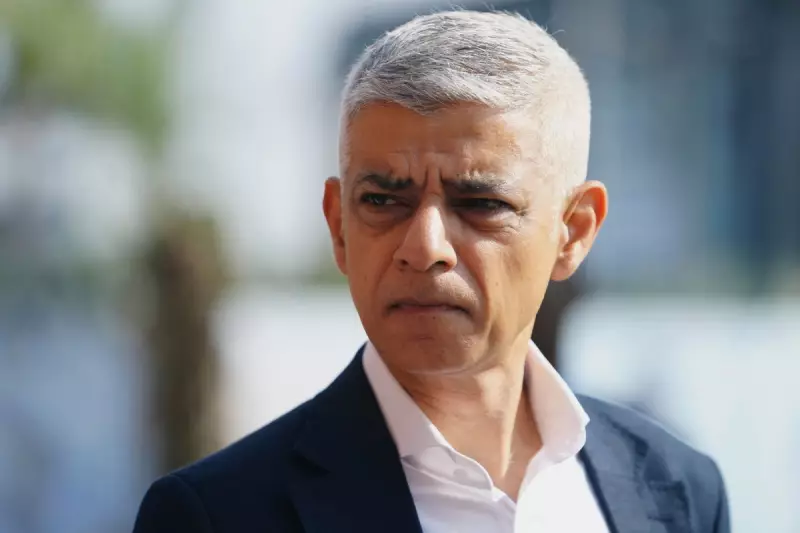
In a significant move for global climate cooperation, London Mayor Sadiq Khan has unveiled a pioneering partnership with two of Brazil's largest metropolitan centres. The agreement establishes formal collaboration between London, São Paulo, and Rio de Janeiro to address pressing environmental challenges facing major urban areas.
Transatlantic Climate Alliance
The newly formed partnership represents a powerful transatlantic alliance in the fight against climate change. Mayor Khan, who also serves as Chair of the C40 Cities network, emphasised the urgent need for international cooperation among world cities facing similar environmental threats.
'Cities across the world are on the front line of the climate emergency,' Mayor Khan stated. 'By sharing expertise and working together, we can deliver more effective solutions for our residents and create fairer, greener cities for everyone.'
Shared Urban Challenges
The three megacities face remarkably similar environmental and social challenges, despite their geographical distance. Each contends with:
- Air pollution affecting public health
- Extreme weather events linked to climate change
- Urban heat island effects
- Social inequality in environmental impacts
- Transportation emissions from dense populations
Knowledge Exchange and Best Practices
The partnership will facilitate extensive knowledge sharing between the cities, focusing on several key areas:
- Clean transportation initiatives and infrastructure
- Renewable energy adoption in urban settings
- Green space preservation and development
- Climate resilience planning
- Community engagement in environmental policy
This collaboration builds on London's existing environmental initiatives, including the Ultra Low Emission Zone and extensive cycling infrastructure, while drawing on Brazilian cities' experiences in managing tropical urban environments.
Global Leadership in Urban Sustainability
Mayor Khan's leadership role in the C40 Cities network positions London at the forefront of global urban climate action. The Brazilian partnership demonstrates how cities can bypass national political differences to address shared environmental concerns directly.
The timing of this announcement coincides with growing international attention on climate cooperation between global north and south nations, highlighting how cities are increasingly driving environmental progress where national governments stall.
This landmark agreement signals a new era of city-led climate diplomacy, with London strengthening its position as a global leader in urban environmental innovation while building crucial bridges with emerging economy cities facing similar sustainability challenges.





